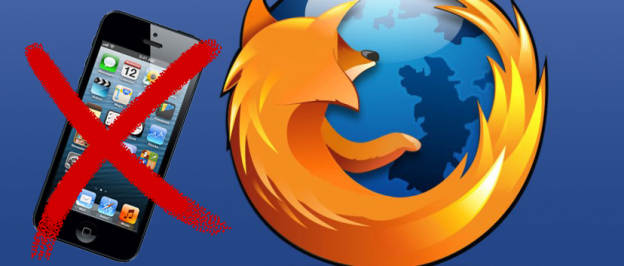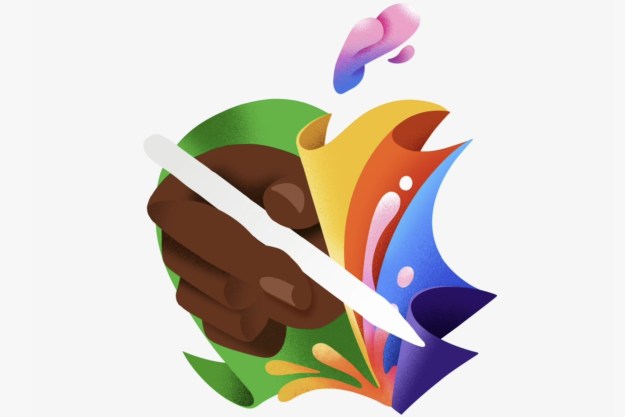
Mozilla’s Firefox Web browser has been a favorite among PC users for more than a decade now, and many of these same users have been hoping to use Firefox on their smartphones. While some smartphone OSes ( including Firefox’s own upcoming Firefox OS) already feature a mobile edition of the red critter, the Mozilla Foundation has announced that it will not be porting Firefox to iOS for a number of reasons. That’s right: no Firefox for your iPhone or iPad.
As the browser wars spread into the realm of smartphones, OSes like Android have had the opportunity to be graced with a suite of Web browsers, including a mobile edition of Mozilla’s own Firefox. However, iOS has, until recently, exclusively had only its in-house web browser, Safari. Even today, the few Web browsers on iOS are severely limited as Apple’s stringent policy on app development restricts the features of other Web browsers. In response to this stringent policy, Mozilla has announced that it will not be making Firefox on iOS. It won’t spend the time and resources to port its browser because of Apple’s restrictions.
The discussion came up a the ongoing SXSW expo in Austin and represents a continuing hatred by Mozilla of the walled-garden experience in iOS.
The few browsers actually on iOS are severely limited (such as Opera Mini) or are actually just Safari with a fancy skin on it (such as Google Chrome). It’s certainly fair to see why Mozilla wants so much control, and why it’s not worth developing a product when you don’t get the control you deserve.
For now, iPhone and iPad owners alike will have to deal with Safari. Then again, Safari isn’t exactly a terrible browser, and what’s at work here is less of a grudge and more of a logistics issue. Mozilla isn’t made of money, and doesn’t want to waste time investing in a browser Apple that gets the final say over. But at the same time, iOS owners aren’t exactly complaining either. Until iOS users demand more openness, it looks like Mozilla will spend most of its time investing in Android and Firefox OS, and we can’t blame it either.
Editors' Recommendations
- A big iPhone update is right around the corner
- Apple updated two of its biggest iPad apps, and they look amazing
- How to find your phone number on iPhone or Android
- How to turn off call forwarding on iPhone and Android
- How to schedule a text message on your iPhone


